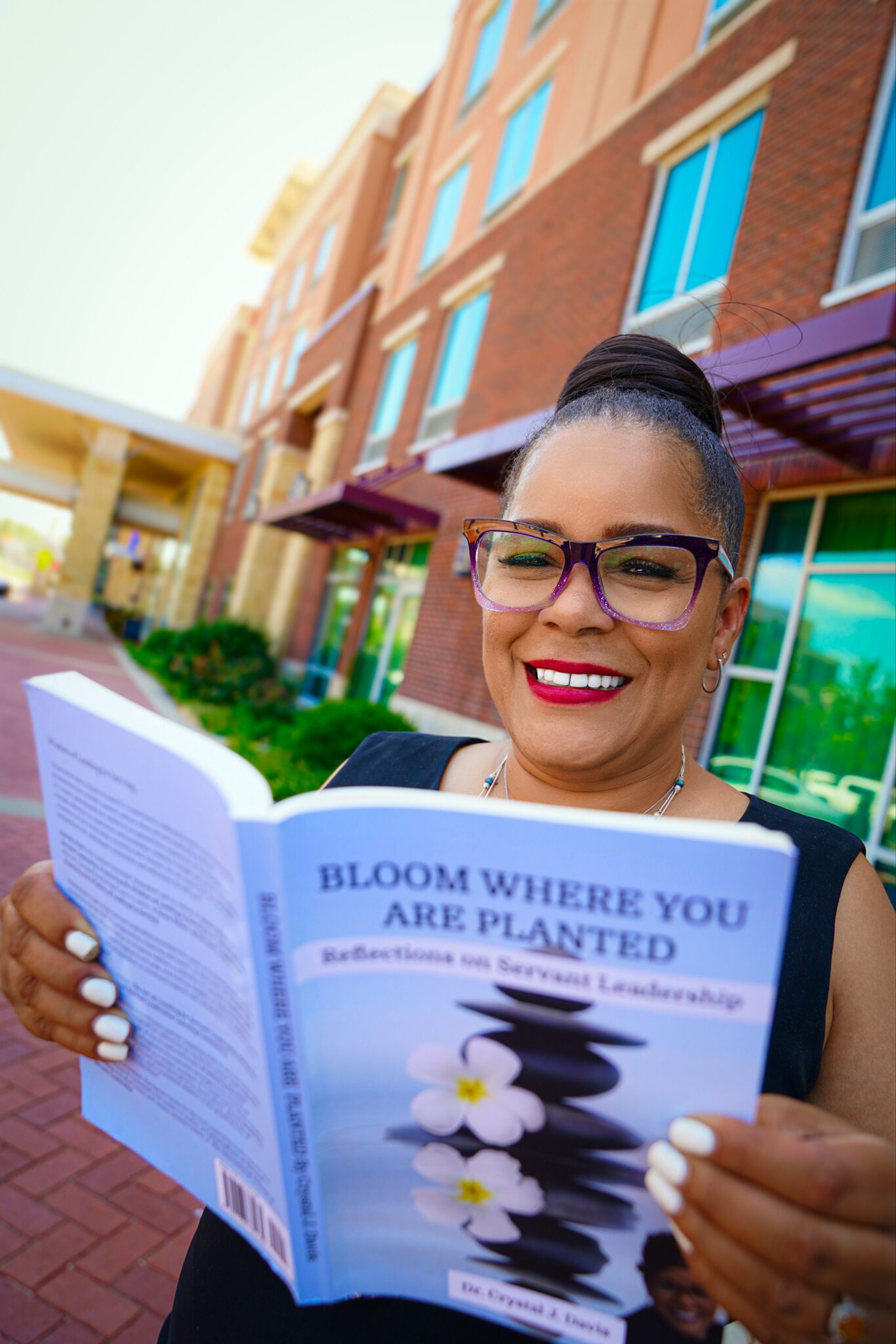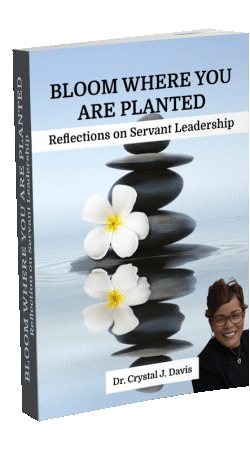 NOTE: HAPPY NEW YEAR! Welcome back to the Learning Blog, Lead.From.Within. I am excited about 2016, and I am grateful that you are joining me in our continued journey into Servant Leadership! We will move forward with the remaining chapters in the book, A Force for Good: The Dalai Lama’s Vision for Our World by Daniel Goleman. We are half way through and will be spending the next six weeks completing our lessons in compassion. Let’s get to it…
NOTE: HAPPY NEW YEAR! Welcome back to the Learning Blog, Lead.From.Within. I am excited about 2016, and I am grateful that you are joining me in our continued journey into Servant Leadership! We will move forward with the remaining chapters in the book, A Force for Good: The Dalai Lama’s Vision for Our World by Daniel Goleman. We are half way through and will be spending the next six weeks completing our lessons in compassion. Let’s get to it…
“We need to employ a secular approach to ethics, secular in the Indian sense of respecting all religious traditions and even the views of non-believers in an unbiased way. Secular ethics rooted in scientific findings, common experience, and common sense can easily be introduced into the secular education system. If we can do that, there is a real prospect of making this 21st century an era of peace and compassion”. ~Dalai Lama XIV
Servant Leaders understand the need for ethical values in their work. In the capitalist world, the acquisition of wealth is at the exclusion of concern for other’s well-being and capitalism lacks a compassionate moral outlook. This is what the Dalai Lama argues in the book, A Force for Good: The Dalai Lama’s Vision for Our World, chapter six, Economics as if People Mattered.
Capitalism, as the Dalai Lama sees it, assumes that people are only interested in self and profit, profit, profit. The financial systems in are focused largely on rewards and greed while ignoring the consequences to people and the planet.
What’s worse is that all of this is happening extreme poverty is glaring us in the face. The Dalai Lama believes that it is not capitalism or socialism that is the problem, rather a moral principle of the people involved in these systems.
An economics that works for everyone is one that is, a compassionate economy, mixes an entrepreneurial spirit with a sound social-support-system and taxes on wealth- similar to that of Sweden’s economy.
In Thomas Piketty’s book, Capital, he argues that those with money who can invest will always earn more than those who work for their wages. In this way, capitalism helps the rich stay rich, far more than it helps any ordinary workers.
Indeed, a healthy economy is not determined by how many billionaires there are, but by the well-being of everyone.
Capitalism can be a force for good if it has a genuine concern for all.
Goleman tells of a story when the Dalai Lama was informed about the growing number of billionaires. When he asked, through his translator, Thupten Jinpa, “Why would anyone want that much money?” After all, he said, “You only have one stomach.”
Rethinking Economics
What would an economics driven by our neural system- caring and contentment- and not a brain system that drives people’s decision about their money ( the threat that worries about safety) look like? Well, some economists are already exploring this possibility.
Early researchers in this area, Adam Smith, and Jeremy Bentham, studied economic theory from the perspective of success for an economy concerned about the well-being of its people.
Lord Richard Layard, London School of Economics, became interested in this type of economics too. Layard contends that the ballooning wealth of a small few masks the low well-being of the masses. Nations that rank high on creating wealth rank low of measure of well-being.
For example, if two parents spend long hours at work to pay for daycare for their children, the profit daycares make add to the overall GDP (gross domestic product) But the stress on the parents and family are largely ignored. Their sense of well-being…lost.
The Secret to Happiness
The Dalai Lama tells of a story of when he visited Princeton University for a lecture, and a student asked him, “What is the source of happiness?” He looked around at the students waiting for an answer and he replied, “Money! Sex! and Nightclubs!” His joke brought the house down.
The Dalai Lama did get serious and told the students that they may feel a temporary relief in material things and experiences but when something cause us to worry or fear we tend to forget the happiness. This is why he argues we need a deeper basis for contentment. He tells the students that feeling kindness, affection, and trust within our circle of family and friends makes us happier than luxuries.
Action for Happiness
Gus O’Donnell, former UK’s Cabinet Secretary, and Lord Richard Layard created the secular movement, Action for Happiness (http://www.actionforhappiness.org/). In Exploring What Matters, an eight-week course of the Action for Happiness, the group focuses on one single question. People from all over the world connect and initiate small local groups, and each meeting ends with people choosing an action to take to promote happiness and well-being. One group started the Happiness Café where like-minded people come together and share ideas on how to create greater happiness. Action for Happiness is based on ten keys for happier living. Visit their website to take the happiness pledge.

Doing Good While Doing Well
The Dalai Lama was delighted to hear about Greyston Bakery, a for-benefit corporation in Yonkers, New York, who hires, trains, and houses people who were homeless, ex-convicts, drug addicts, on welfare, battered wives, or illiterate and helps them gain a right livelihood.
The bakery supplies its brownies to Ben & Jerry’s ice cream factory in Vermont. Greyston Bakery is a B Corporation (businesses that have an explicit mission to benefit society or the environment, as well as to make a profit) whose motto is, “We don’t hire people to bake brownies; we bake brownies to hire people.” There are many more B Corporations in the United States that re-create capitalism to be meaningful and not just profitable. They are essentially businesses that become a force for good.
“The global economy,” Says the Dalai Lama, “Is like a roof over all of us. But it depends on individual pillars for support.” Like he ended his speech with the college students at Princeton, “First take care of yourself financially. Then, step by step, stand on your own feet in order to help others.”
To Positive Economics,
Dr. Crystal








